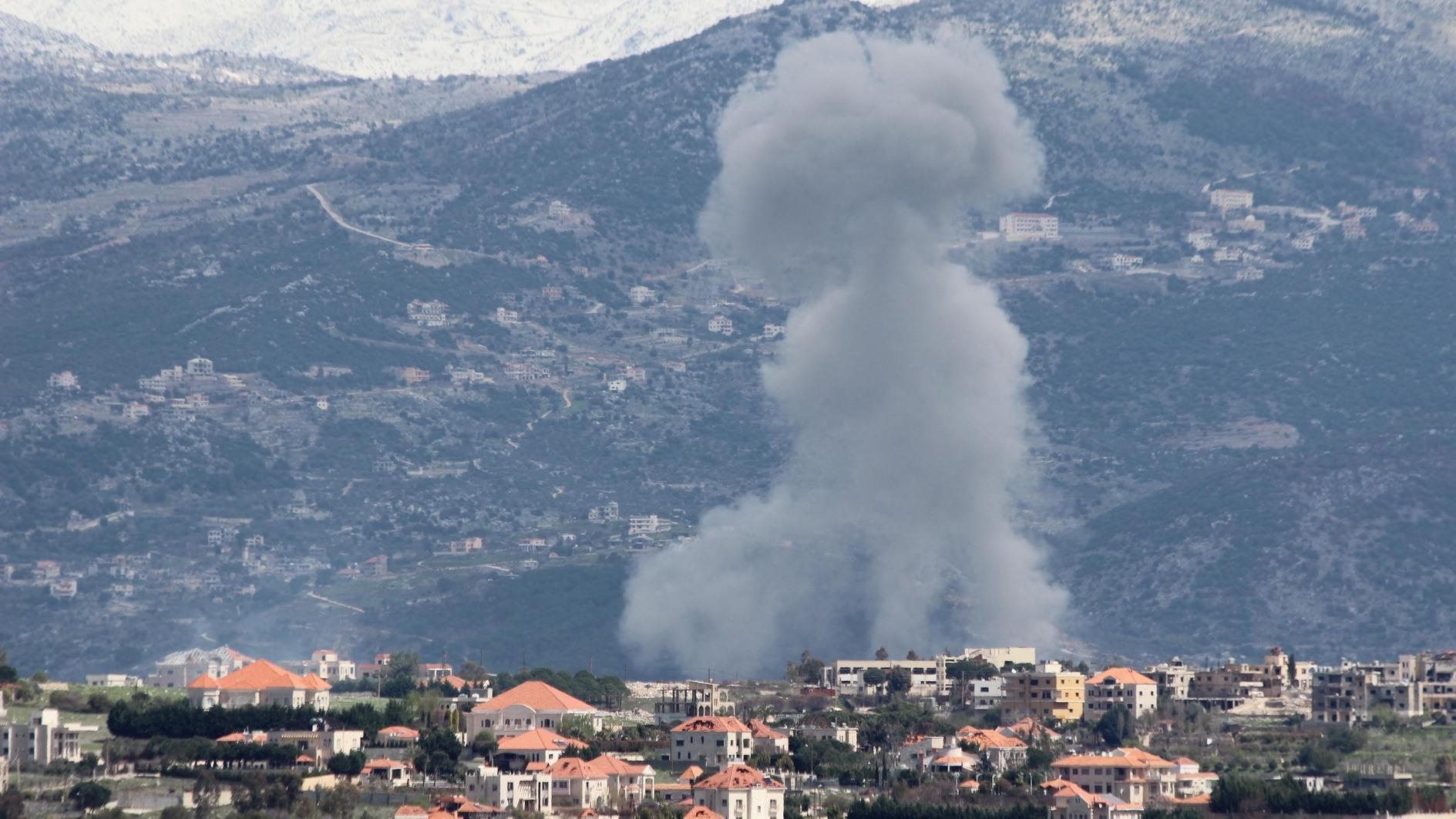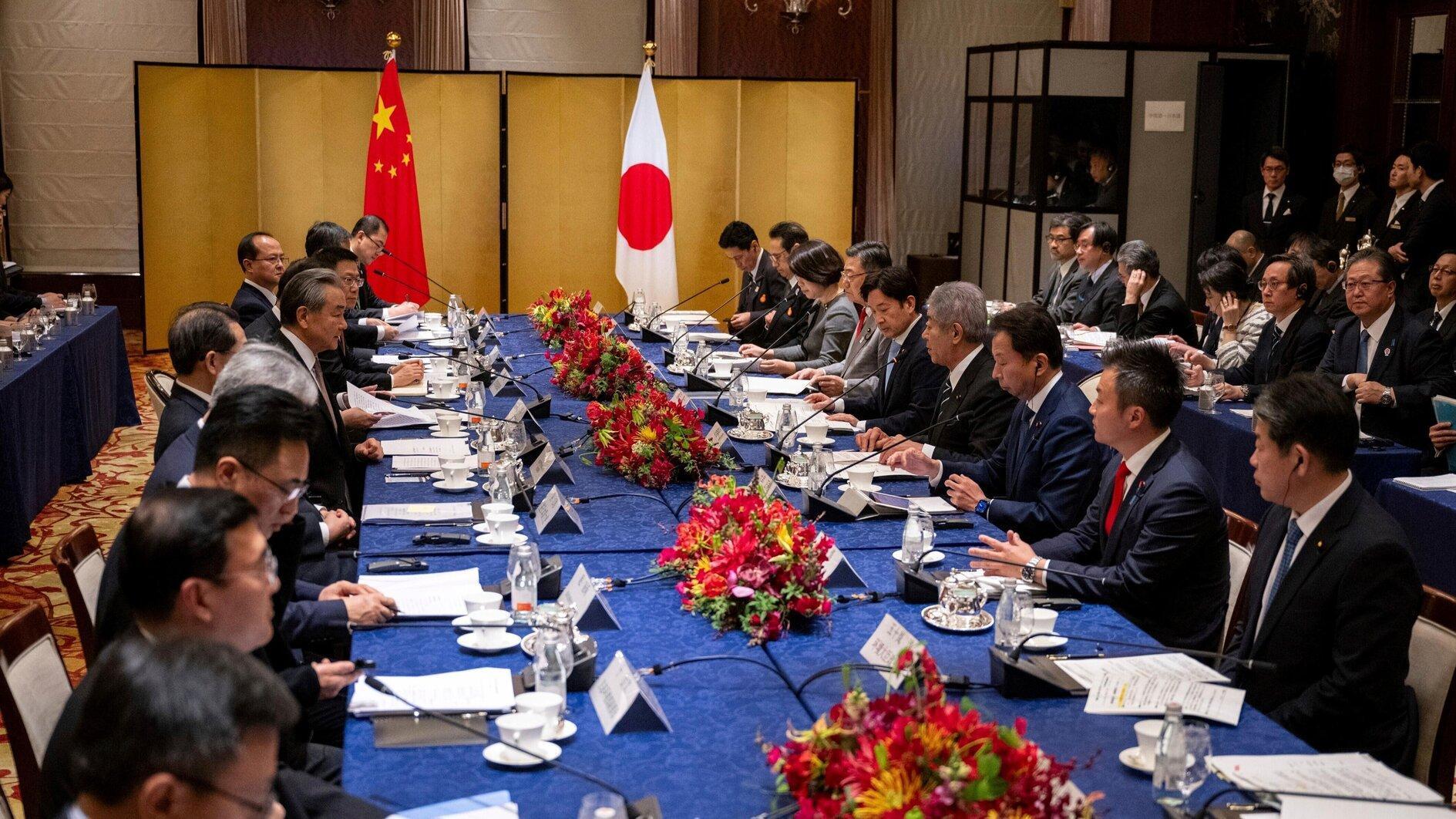The West is seeking a mentality change in Turkey on ISIL
It had escaped my attention when it was apparently reported in the press last month – that’s why I was quite interested to hear the results of an opinion poll on Turks’ attitude toward the Islamic State in Iraq and the Levant (ISIL) from a European diplomat. I first understood that 62 percent of Turks did not consider ISIL a terrorist organization. Apparently it was the other way around. According to the poll conducted by Metropoll in mid-August, 62 percent of Turks consider ISIL to be a terrorist organization. The European diplomat in fact was expressing his astonishment that the rate was so low.
Ten years ago I would have had the same astonishment, although a decade ago the rate would have been much higher about a horrendous organization that has the audacity to hold 49 Turkish state officials hostage.
The sad irony is this: When I mistakenly thought that 62 percent of Turks did not consider ISIL to be a terrorist organization, I found it quite normal. When I saw that I had misunderstood, I was very happy that a majority, 62 percent, of Turks perceived ISIL as a gang of terrorists. Indeed I was relieved that the rate was way above 50 percent!
And those who might be surprised by my confession should glance at pro-government columnists’ writings about ISIL. They will see that the reason why they refrain from targeting ISIL is not simply limited to the hostage issue.
The issue lies in the question put to me by a Western diplomat: “Would Turkey consider ISIL a terrorist organization had there not been 49 hostages?”
Each and every time there is talk about the need to form a coalition to fight ISIL, Turkish commentators start by explaining how Turkey has to be careful due to the hostages. I don’t think Turkey’s Western allies have lost all their common sense to ask Ankara to be on the front line and wage an all-out armed battle against ISIL.
If only Turkey could prevent its borders from being used by foreign jihadists to cross into Syria; that itself would have been a great contribution. At the end of the day, let’s not forget that some local officials could also belong to the 38 percent of Turks who do not consider ISIL to be a terrorist organization.
Let’s also remember the fact that the number of Turks estimated to have joined ISIL now exceeds 1,000.
And let’s also add that one of the reasons why Turkey does not want to directly antagonize ISIL is due to the fear that some sleeping cells of Islamic radicals could start a wave of terrorist attacks in the country. This will not only cost lives but will also have detrimental effects on tourism revenue, which is critical for the Turkish economy.
Pro-government columnists, including those who are very close to President Recep Tayyip Erdoğan, are therefore well-placed to perceive that government policies imply, sometimes directly, sometimes indirectly, a belief that ISIL is the making of the United States.
If we were to believe them, it is not the 38 percent, but the activities of U.S. intelligence agencies, that explain why so many Turks have gone to join ISIL.
If indeed the government was genuine about fighting ISIL, it is what this 38 percent tells us that it needs to think about.
We are unfortunately paying the price for the government’s silence on radical Islamists. We live in a country where the rhetoric of political figures affects the opinion of the ordinary citizen; this is more so for the constituency of the Justice and Development Party (AKP).
Having said that, if Turkey’s Western allies expect Turkey to be visible in the coalition as a Sunni country in order to avoid the image that this is a fight waged against the Sunnis by the West, this is an unfair and futile expectation. This is particularly the case as long as the strategy resorts to military solutions rather than diplomacy, or if the resorting to military action is not backed up with a clear diplomatic road map to address the root causes of the problem.
Yet instead of criticizing the West via their columnists in the pro-government papers, Turkey’s rulers should think more about proper strategies to fight ISIL, since it poses a bigger threat to Turkey than to any country in the West.











